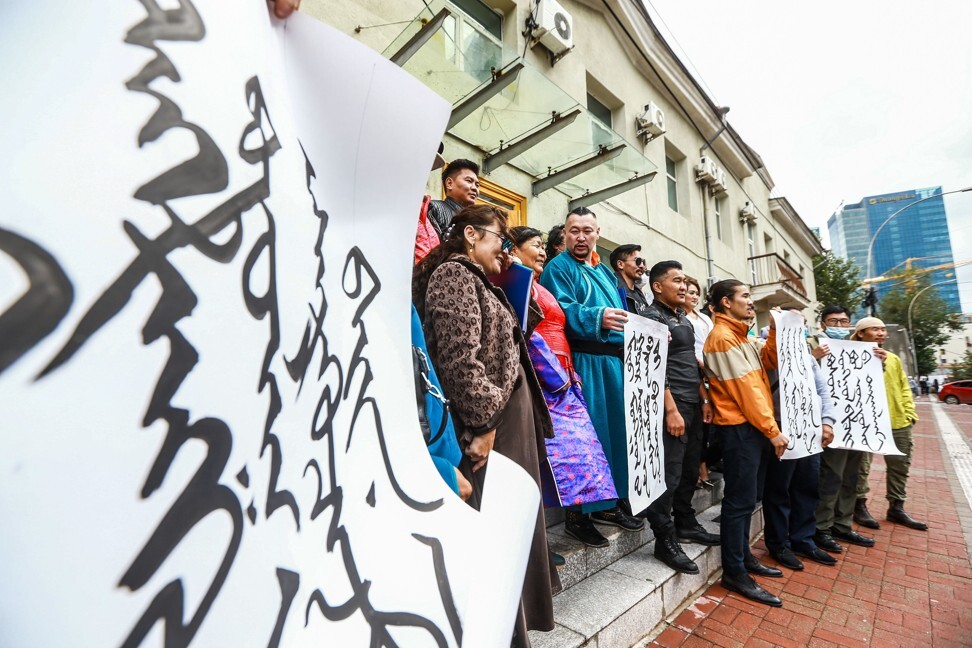
US paper says its reporter was interrogated and held by police while covering Inner Mongolia language protests
- Print reporter ‘grabbed by the throat’, held in cell and denied call to US embassy, says Los Angeles Times
- Journalists from China, America and Australia have made the news recently amid trade spats and international tensions between their governments
The Los Angeles Times said in a story published online on Thursday that the reporter was interrogated at a police station, grabbed by the throat and pushed into a cell and held for more than four hours before being forced to leave the northern Chinese region.
The incident comes amid broader tensions between the United States and China over journalists stationed in each other’s country.
The reporter was surrounded by plain-clothes men at a school in Hohhot, the region’s capital, and put into a police car to be taken to a police station, according to the account. It says she was not allowed to call the US embassy.
“One officer grabbed her throat with both hands and pushed her into a cell,” the story says.
Three government officials and a police officer went with her to a railway station and stood at the window until the train left for Beijing, the Los Angeles Times said.
The story did not identify the journalist, but the paper’s Beijing bureau chief, Alice Su, confirmed that it was her. She declined further comment.
The Hohhot city propaganda department did not immediately respond to a request for comment.

The account came near the end of a story Su wrote on protests and class boycotts that have broken out in Inner Mongolia this week over a move to increase the use of Chinese language at schools where Mongolian has been the main language of instruction.
Inner Mongolia is a region of 25 million people that borders the country of Mongolia to the north. About 17 per cent of the population is ethnic Mongolian while the Han make up 79 per cent.
Just before the new school year started this week, authorities announced changes for Mongolian-medium schools. Literature classes for elementary and middle school students will switch to a national textbook and instruction in Mandarin Chinese, and some other courses would follow in the coming two years.
Opponents see the move as an attempt to force them to assimilate into China’s majority Han culture. They fear their mother tongue could be wiped out over time.
Australia doesn’t know why journalist was detained in China, minister says
China has retaliated by expelling American journalists working for three US newspapers, and requiring several US news bureaus including Associated Press to file paperwork similar to that required of foreign missions in the United States.
Cheng is an anchor for the BizAsia programme on CGTN, the English-language channel of China Central Television. She was born in China and worked in finance in Australia before starting a career in journalism with CCTV in Beijing in 2003.

